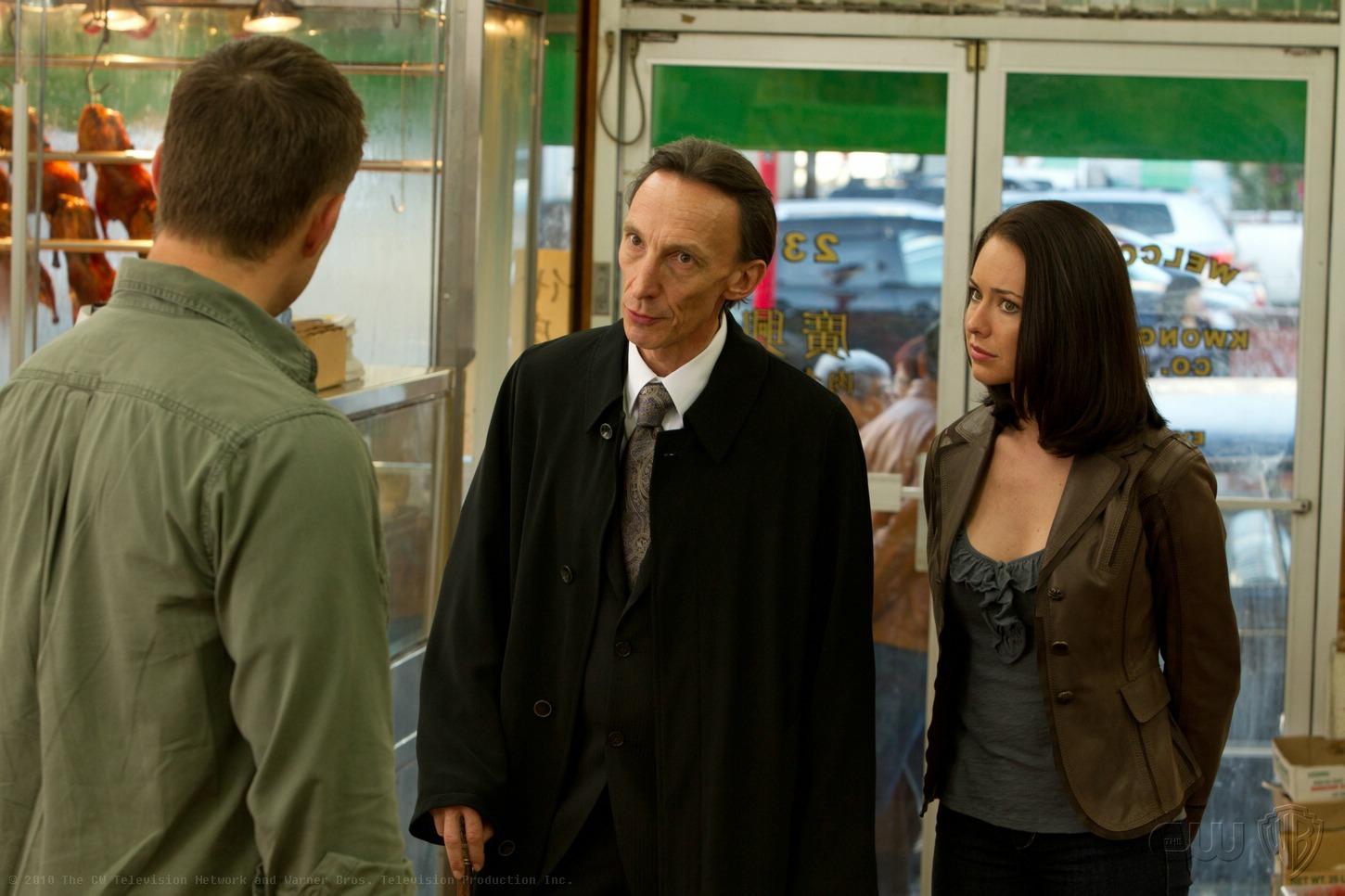John O’Hara’s Appointment in Samarra poignantly explores the age-old question: can we escape our fate? This 1934 novel follows Julian English, a man seemingly blessed with wealth and social standing, as he throws it all away in a mere three days. Set against the backdrop of Gibbsville, a fictionalized version of O’Hara’s Pennsylvania hometown, the story delves into the complex interplay of fate, free will, and societal pressures that culminate in Julian’s tragic demise. The narrative takes its cue from the ancient Mesopotamian parable that lends the book its title, prompting reflection on the human condition and the forces shaping our lives.
Julian’s Downfall: A Cascade of Bad Choices
Appointment in Samarra chronicles Julian’s rapid self-destruction with unflinching detail. Instead of providing easy answers, O’Hara compels us to grapple with the enigma of Julian’s choices. Was his downfall orchestrated by the suffocating expectations of Gibbsville’s high society? Or did some internal struggle propel him toward the abyss? The story suggests it was likely a combination of both, reflecting the complex reality of human behavior. Each impulsive act, from the infamous thrown drink to his escalating social blunders, appears as a domino in a chain reaction leading to devastating consequences.
The Mesopotamian Parable: A Harbinger of Doom
The novel’s title, borrowed from an ancient Mesopotamian tale retold by W. Somerset Maugham, serves as a chilling premonition of Julian’s trajectory. The parable recounts the story of a servant who, encountering Death in Baghdad, flees to Samarra believing he can outrun his fate. Ironically, Death had an appointment with him that very night in Samarra. This tale, strategically placed at the beginning of Appointment in Samarra, casts a shadow of inevitability over Julian’s actions. It raises the unsettling question: if fate is indeed inescapable, do our choices even matter? This resonates with the philosophical debates surrounding free will versus determinism, prompting us to consider the extent of our control over our own lives.
Gibbsville: A Crucible of Social Pressure
Gibbsville is more than just a setting; it’s a character in its own right. This fictionalized Pottsville embodies the social anxieties and hypocrisies of pre-World War II America. The town represents the stifling weight of expectations bearing down on individuals like Julian, mirroring the broader societal pressures of the era. These pressures, though seemingly specific to the 1930s, resonate with contemporary challenges, reminding us that social expectations, albeit in evolving forms, remain a constant throughout history. The novel invites us to consider how our own environments and social circles shape our choices and destinies.
Beyond the Jazz Age: A Portrait of Anxiety
While superficially similar to the works of F. Scott Fitzgerald, Appointment in Samarra offers a distinct perspective. Unlike Fitzgerald’s focus on the Jazz Age’s glitter and excess, O’Hara portrays the anxieties simmering beneath the surface of a generation grappling with shifting values and an uncertain future. Julian’s self-destruction could be interpreted as a symptom of this societal malaise, a desperate attempt to assert control in a world seemingly spiraling toward chaos. This interpretation adds another layer to the narrative, suggesting that Julian may be a victim of his circumstances, a casualty of a society in transition.
The Parable’s Power: Framing Julian’s Journey
Maugham’s parable doesn’t merely provide a title; it serves as a crucial lens through which to interpret Julian’s actions. It imbues every impulsive decision with a sense of predetermined doom, painting his struggle as potentially futile. Here’s the parable in its entirety: “There was a merchant in Baghdad who sent his servant to market to buy provisions and in a little while the servant came back, white and trembling, and said, Master, just now when I was in the marketplace I was jostled by a woman in the crowd and when I turned I saw it was Death that jostled me. She looked at me and made a threatening gesture; now, lend me your horse, and I will ride away from this city and avoid my fate. I will go to Samarra and there Death will not find me. The merchant lent him his horse, and the servant mounted it, and he dug his spurs in its flanks and as fast as the horse could gallop he went. Then the merchant went down to the marketplace and he saw me standing in the crowd and he came to me and said, Why did you make a threatening gesture to my servant when you saw him this morning? That was not a threatening gesture, I said, it was only a start of surprise. I was astonished to see him in Baghdad, for I had an appointment with him tonight in Samarra.” This narrative framework encourages us to view Julian’s choices not as isolated incidents, but as interconnected steps leading toward an inescapable conclusion.
Julian’s Suicide: A Final Act of Defiance?
Julian’s suicide is more than a tragic ending; it’s a powerful statement. Biographer Frank MacShane linked Julian’s act to the specific anxieties of the post-Jazz Age era. Was it a desperate attempt to wrest control of his narrative from the grip of fate? Or perhaps a final act of rebellion against the suffocating constraints of his world? Appointment in Samarra offers no easy answers, leaving us to ponder these profound questions long after the final page is turned. The novel compels us to reflect not only on Julian’s fate but also on the nature of our own choices and the forces that shape our lives. This exploration of fate, free will, and the human condition invites us to examine our own “appointments” and how we choose to meet them.
What is the meaning of appointment in Samarra?
The phrase “appointment in Samarra,” derived from the ancient Mesopotamian parable, has become synonymous with the inevitability of fate. This powerful symbol resonates across cultures and continues to inform literary and philosophical discussions about free will, destiny, and the human condition. The parable, popularized in the West by W. Somerset Maugham, tells of a servant in Baghdad who encounters Death (or Death’s messenger) and flees to Samarra believing he can escape his demise. Ironically, Death reveals she had a preordained “appointment” with him in Samarra.
This story highlights the futility of trying to evade one’s destiny. No matter how far we run, some outcomes appear unavoidable. John O’Hara masterfully wove this theme into his 1934 novel, also titled Appointment in Samarra. While not a direct retelling, O’Hara’s novel explores the concept of self-destructive behavior as a form of running towards one’s “appointment.” His protagonist, Julian English, though not fleeing a literal personification of Death, is running from himself, his destructive impulses, and the societal pressures that confine him.
Samarra, in this context, symbolizes a false hope of escape. It represents the illusion of control we often cling to, believing we can outsmart fate. The parable, however, suggests that sometimes, our very efforts to avoid a particular outcome only hasten its arrival.
The “appointment” doesn’t necessarily signify physical death. It can metaphorically represent any inevitable consequence, the culmination of a series of choices, both conscious and unconscious. It prompts reflection on the complex interplay between our actions and their outcomes.
The meaning of “appointment in Samarra” continues to evolve, prompting ongoing discussion and varied interpretations. It invites us to grapple with fundamental questions about agency, responsibility, and the extent to which we truly shape our own destinies.
What is Samarra in Sherlock?
In the BBC series Sherlock, “Appointment in Samarra” isn’t merely a literary allusion; it’s a recurring motif woven into the narrative fabric, particularly in Season 4. The fable, recounted by Mycroft Holmes, reveals a key element of Sherlock’s character and his complex relationship with his brother. Mycroft recalls a young Sherlock reimagining the story, finding ways for the merchant to outsmart Death. This childhood fascination foreshadows Sherlock’s adult recklessness, his apparent disregard for danger, and his persistent belief in his ability to control outcomes.
Mycroft’s use of the story can be interpreted as a subtle form of manipulation. As a master strategist, he may be using the fable to exert influence over his younger brother, reminding him of the supposed futility of resisting fate. Samarra, in this context, could symbolize Mycroft’s control over Sherlock’s narrative.
Unlike the fearful merchant, Sherlock actively confronts danger, seemingly inviting his own “appointment.” This could be viewed as defiance, a rejection of predetermined fate, or an attempt to rewrite the ending on his own terms. The fable serves as a lens through which to analyze Sherlock’s actions and motivations, adding layers of complexity to his character.
Some scholars suggest Samarra, in the context of Sherlock, represents not just death but also the arena where Sherlock chooses to confront it, seizing agency in the face of the inevitable.
Several interpretations exist, each adding depth to the narrative: It could symbolize fate/destiny itself, Sherlock’s complex relationship with mortality, Mycroft’s influence and manipulation, or Sherlock’s persistent belief in his own agency. The show encourages multiple readings, enabling viewers to explore the themes through various perspectives. Delve into the fascinating life and political theories of Abbé Sieyès. Uncover the intriguing story behind the ancient Absalom’s monument and its enduring significance.
What is the theme of Appointment in Samarra?
Appointment in Samarra grapples with fundamental questions of fate, free will, and the consequences of our choices. The central theme revolves around the tension between individual agency and the seemingly predetermined nature of our lives.
Julian English’s self-destruction mirrors the servant’s futile attempt to evade Death in the Mesopotamian parable. His downward spiral, fueled by impulsive actions and exacerbated by the constricting social pressures of Gibbsville, seems to suggest a preordained trajectory. Yet, the novel also explores the internal factors contributing to Julian’s demise, hinting at the complex interplay between external forces and individual choices.
Gibbsville, with its rigid social hierarchy and emphasis on status, serves as a microcosm of societal constraints. Julian’s desperate attempts to maintain his position within this system contribute to his unraveling, highlighting the destructive power of conformity and the limited agency individuals often possess within such structures.
The novel also explores the theme of self-destruction, suggesting that Julian’s downfall is not solely the product of external pressures. His inner demons, fueled by insecurity and a pervasive sense of dissatisfaction, drive him toward increasingly destructive behaviors.
While fate plays a central role, Appointment in Samarra doesn’t present a simplistic view of destiny. It explores the complex web of factors that shape our lives, inviting us to consider the interplay of fate, free will, societal pressures, and internal struggles. The novel ultimately leaves us pondering the degree to which we control our own narratives and the potential consequences of our choices, whether they lead us toward or away from our own metaphorical “Samarra.”
- Unveiling Bernhard Caesar Einstein’s Scientific Achievements: A Legacy in Engineering - July 15, 2025
- Uncover who is Jerry McSorley: CEO, Family Man, Business Success Story - July 15, 2025
- Discover Bernhard Caesar Einstein’s Scientific Contributions: Unveiling a Legacy Beyond Einstein - July 15, 2025
















2 thoughts on “The Fateful Journey: Exploring Self-Destruction in John O’Hara’s Appointment in Samarra”
Comments are closed.